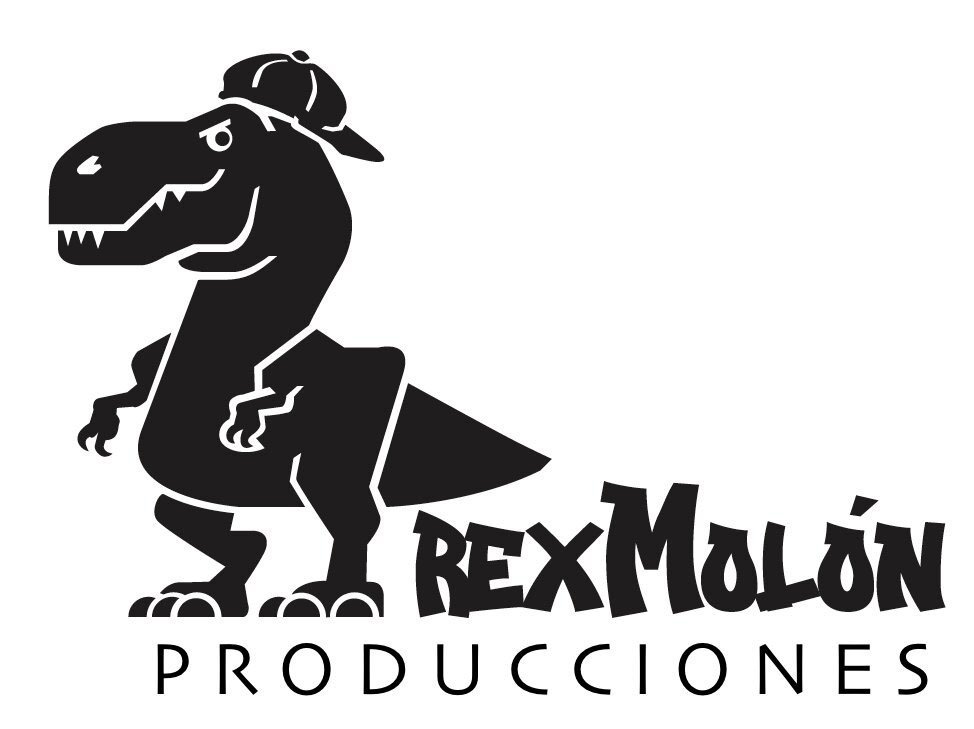
How old are you, really? AI can tell your true age by looking at your chest
AI-powered model using chest X-rays helps develop biomarkers for aging.

Skull modification practices of ancient japanese ethnic group revealed
New research reveals that the Hirota people, who lived on the southern Japanese island of Tanegashima between the late Yayoi period to the Kofun period, practiced cranial modification.

Researchers induce cancer cell "suicide"
Scientists unleashes self-produced toxin, targeting and eliminating cancer cells with impressive results.
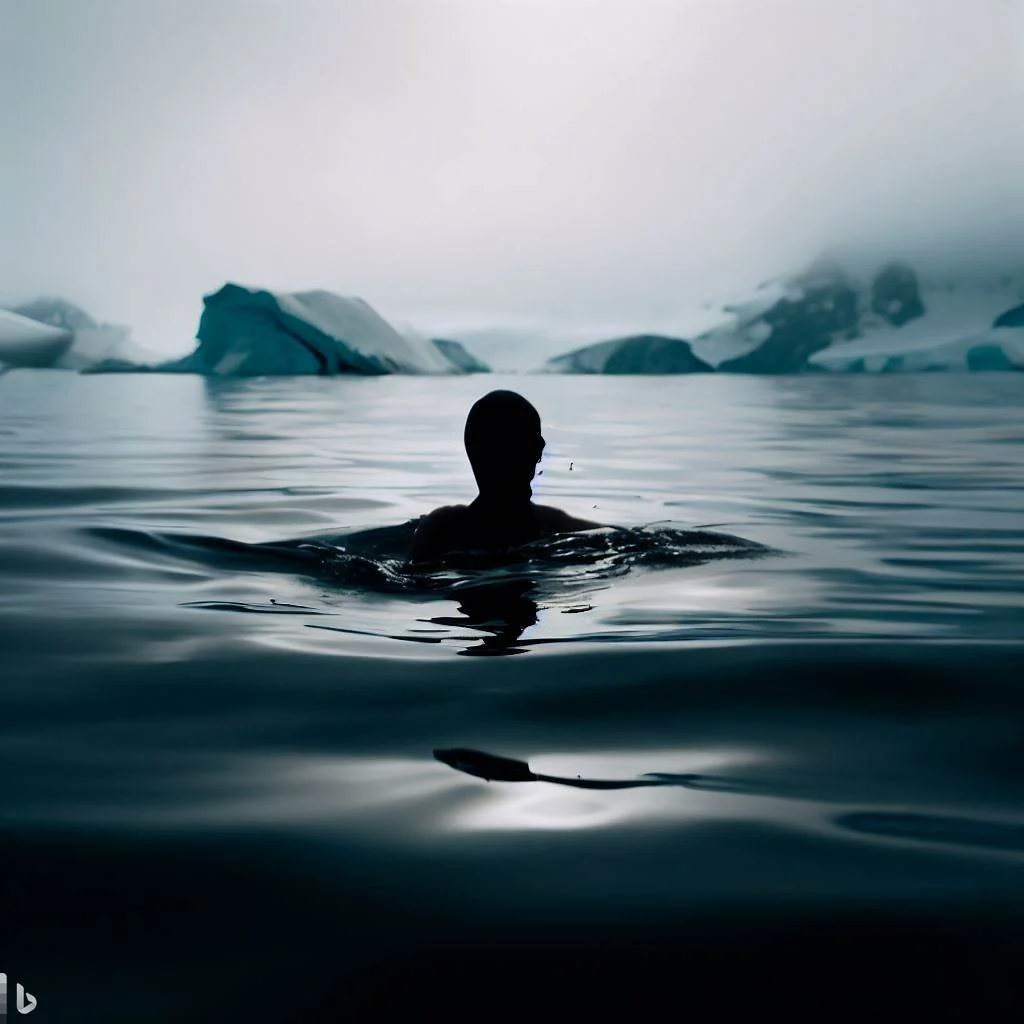
How cold temperatures trigger the brain to boost appetite
Identified brain circuits that make mammals want to eat more when they are exposed to cold temperatures. The discovery could lead to new weight loss and metabolic health treatments.

Hidden consciousness in comatose brain Injury patients uncovered
Researchers have identified brain injuries that may underlie hidden consciousness, a puzzling phenomenon in which brain-injured patients are unable to respond to simple commands, making them appear unconscious despite having some level of awareness.

Building muscle in the lab: Researchers create muscle stem cells without genetic engineering
A new method allows large quantities of muscle stem cells to be safely obtained in cell culture. This provides a potential for treating patients with muscle diseases – and for those who would like to eat meat, but don’t want to kill animals.
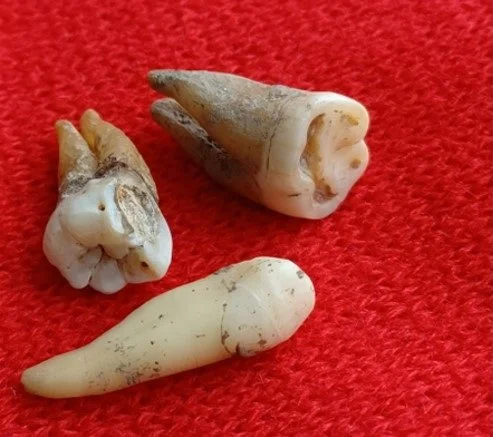
Teeth could preserve antibodies hundreds of years old
Antibodies extracted from 800 year-old medieval human teeth were found to be stable and still able to recognise viral proteins.

Ötzi, the Iceman: dark skin, bald head, Anatolian ancestry
A new look at Ötzi the Iceman’s DNA reveals new ancestry and other surprises. The Iceman was balding, dark-skinned and didn’t have ancestors from the Caspian steppe.

Scientists reveal how proteins drive growth of multiple cancer types
Understanding of molecular basis of cancer may lead to new therapies.
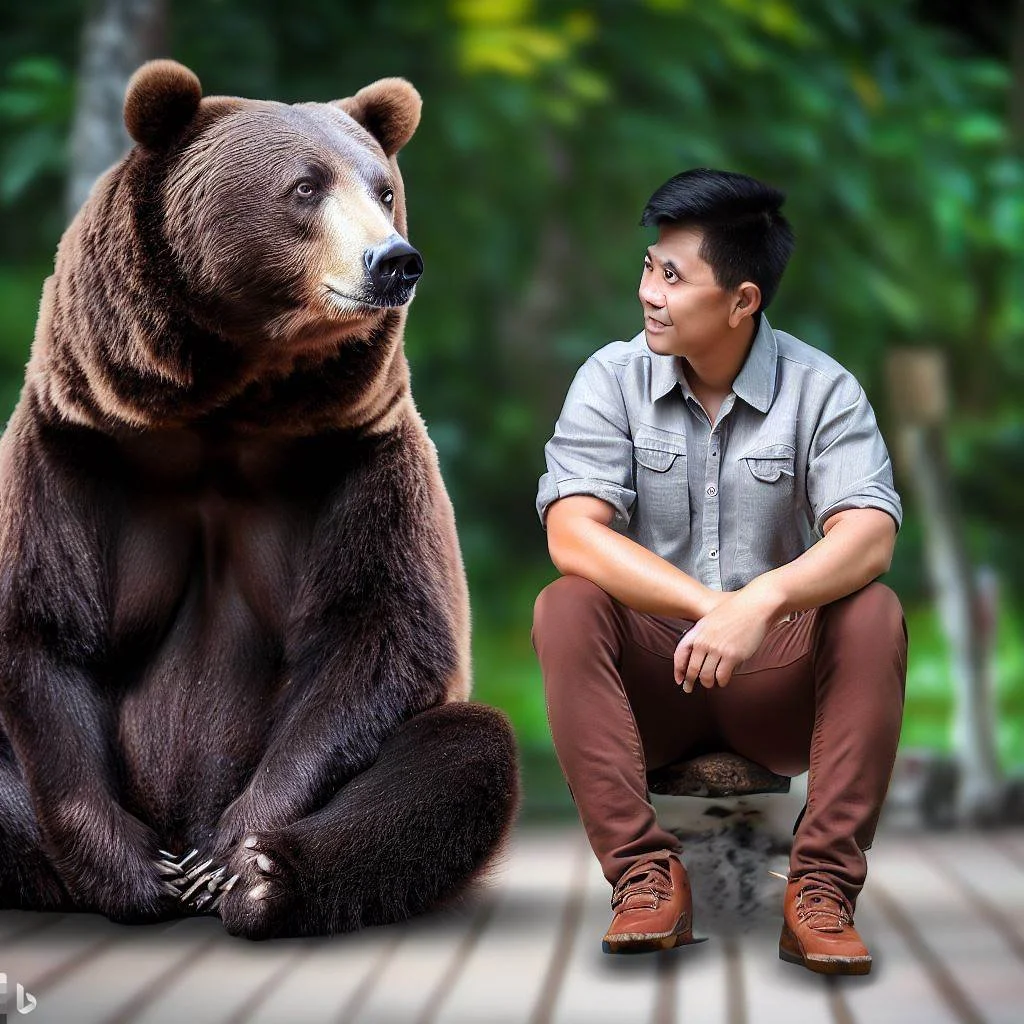
Bear-human coexistence rethought
The media uproar over wolf attacks on livestock in Switzerland and a bear attack in Italy show how charged the issue of large carnivores and humans coexisting in Europe is. ETH Zurich researcher Paula Mayer has now created a participatory model to help facilitate human-bear coexistence using the example of the Apennine brown bear.
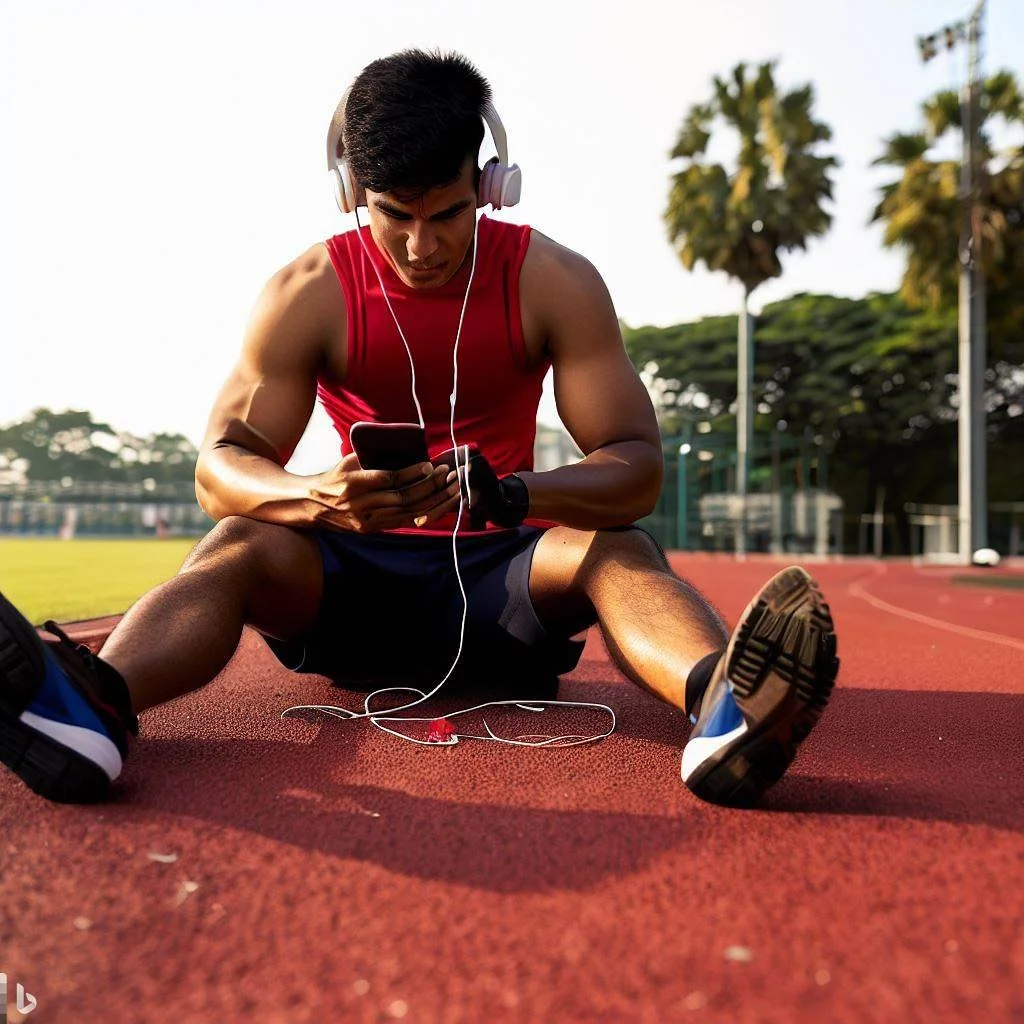
Listening to music before a competition can boost your performance
If you want to perform your best as an athlete, it may help to first put on a pair of headphones.

Scientists pinpoint the microbes essential to making traditional mozzarell
Scientists studied the microbes present at different stages of the mozzarella-making process at different dairies using DNA analysis.

Invisible tagging system enhances 3D object tracking
Developed by MIT researchers, BrightMarkers are invisible fluorescent tags embedded in physical objects to enhance motion tracking, virtual reality, and object detection.
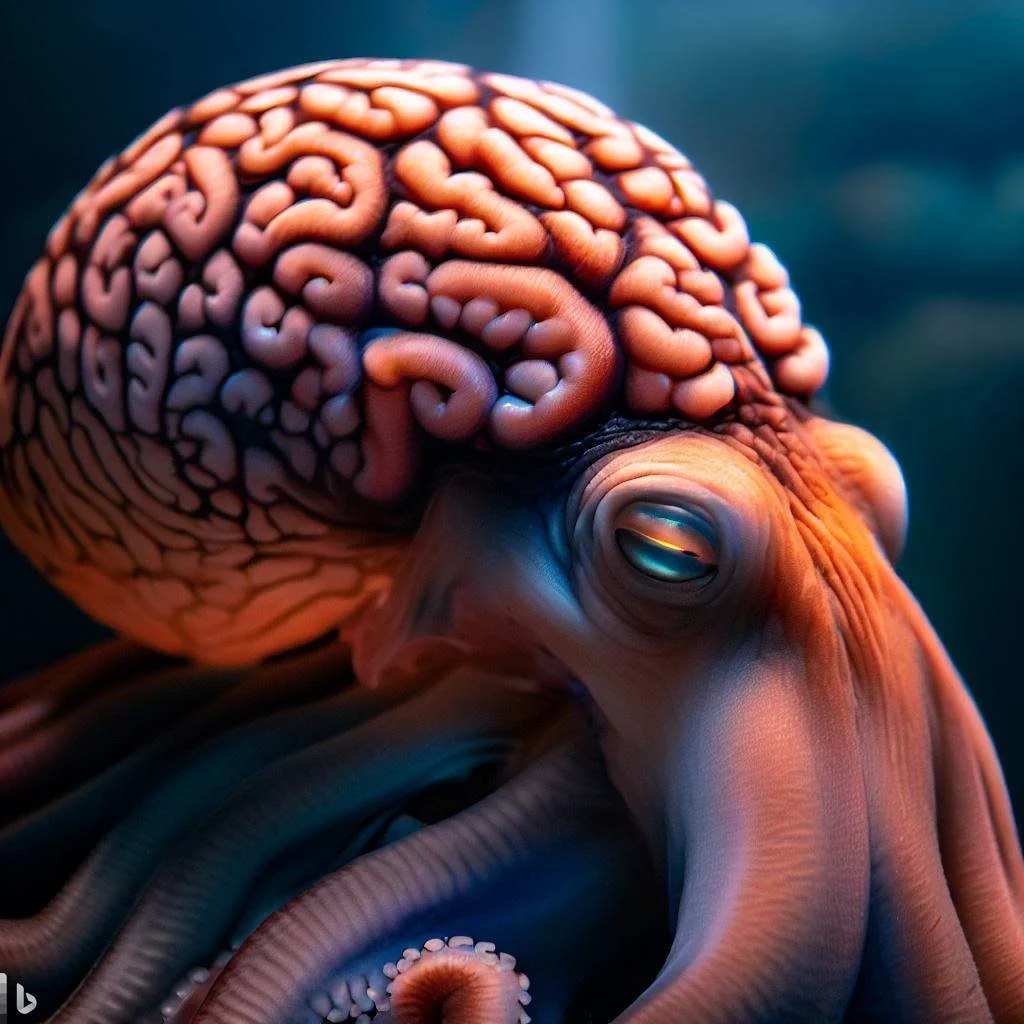
Unveiled the intricate neural architecture of the enigmatic learning processes of octopus.
New study has unveiled the intricate neural architecture governing the enigmatic octopus cognition.

Psychologists identify three types of masculinities
What’s your masculine style: Neo-traditional, egalitarian or progressive?

How our tastes influence our creativity
The more we like our ideas, the faster we give them shape. But to be creative, we need to focus on out-of-the-box thinking.

Transforming flies into degradable plastics
Imagine using insects as a source of chemicals to make plastics that can biodegrade later — with the help of that very same type of bug. That concept is closer to reality than you might expect.

Confirmed: Maisie's galaxy is among earliest ever observed
Follow-up observations since first detection of Maisie's galaxy have revealed that it is from 390 million years after the Big Bang.
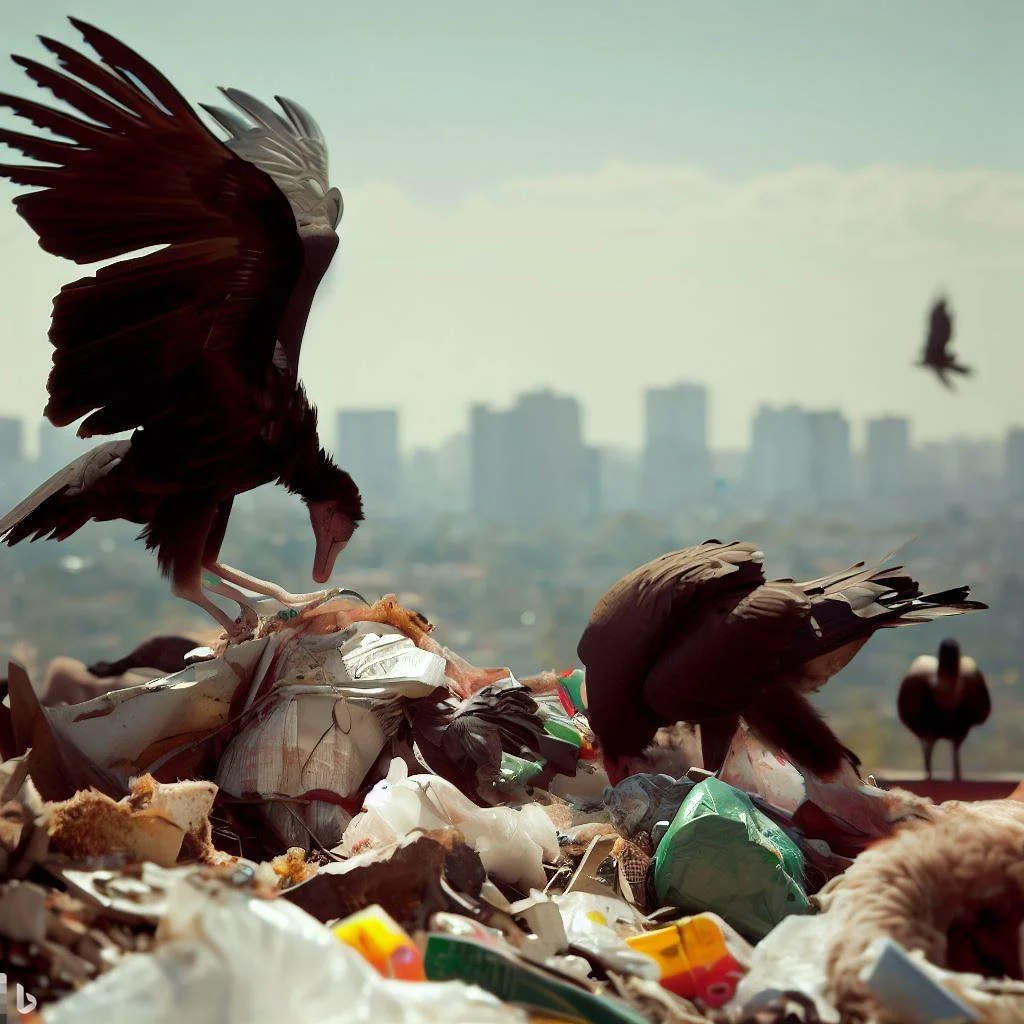
The disappearance of vultures can have unforeseen consequences… also for us humans
Vultures are often associated with death, but some vulture species are themselves at risk of extinction. What can their fate tell us about the interaction between humans and the natural world in our time?

New glass with supreme toughness
Researchers at the University of Bayreuth, together with partners in China and the USA, have produced an oxide glass with unprecedented toughness.
